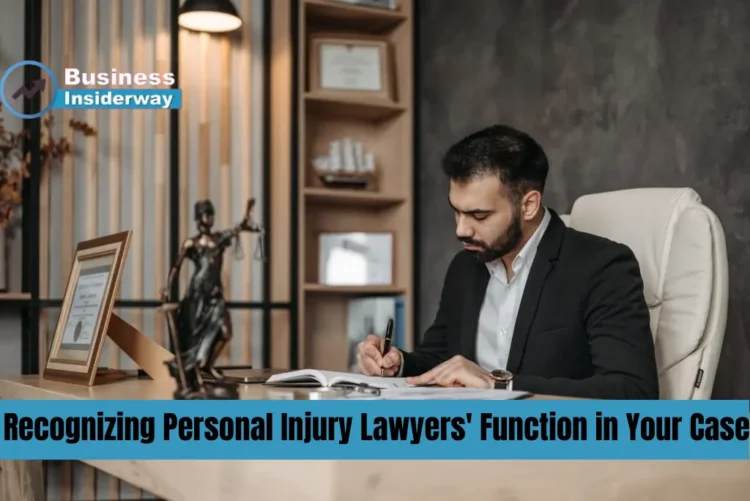Personal injury attorneys are a valuable resource for those injured by others’ negligence. They work to ensure fair settlements and even take those responsible to court, if necessary. Thorough evidence gathering is crucial to any successful claim. It includes documentation of injuries, like medical records and photographs of the accident scene.
Initial Consultation
During an initial consultation, an attorney will listen to the facts of your case and will determine whether they can help you. They will also discuss how much their services may cost. Personal injury attorneys understand how to gather evidence and legal arguments to increase your claim’s value. They also know how to negotiate with insurance providers and level the playing field using effective negotiation tactics.
Often, insurers are unwilling to provide the total amount of compensation that injured persons deserve. An attorney for personal injuries can manage all correspondence with the insurance provider. They will also help you decide if a settlement is in your best interest or if it’s necessary to take the matter to trial.
Liability Analysis
During this stage, your lawyer will gather information and identify potentially liable parties. They will also evaluate whether or not you have a case worth pursuing. Most personal injury cases are settled out of court. If they go to trial, a court will determine which party is at fault for the accident and award compensation accordingly. Generally, injured parties can recover damages that cover existing medical bills, anticipated future medical expenses, and pain and suffering. They can also claim punitive damages intended to punish the party responsible for the harm they experienced. Injury victims typically work with mental health professionals to document their pain and suffering so that a jury can understand the full impact of the incident on them.
Demand
The demand stage involves submitting a package of documentation that substantiates your claim to the at-fault party’s insurance company and its attorneys. This communication includes a detailed explanation of your injury, damages, losses, and future needs. This step can significantly impact the course of your case. A well-crafted demand letter demonstrating the strength of your case and the value of your damages can help speed up a fair resolution of your claim without advancing to trial.
Due to their vast experience in negotiations, personal injury lawyers can predict potential cost-cutting and risk-reduction tactics insurance companies use. It could ensure that you receive compensation to cover all your losses. If negotiations stall, your lawyer might recommend mediation or litigation as the next step.
Trial
Often, the effects of an injury can be long-lasting and require costly accommodations. These may include hiring in-home health care assistance, paying someone to perform household chores you no longer can do, or providing paid transportation if you cannot drive.
Skilled attorneys can ensure the at-fault party is held accountable for these expenses and other damages that may be awarded if punitive damages are deemed appropriate. If attempts to negotiate a settlement are unsuccessful, your case will move to trial. It involves your attorney presenting your case to a judge or jury using evidence gathered during the litigation process, including witness testimony and medical records. They will argue that the defendant should be held liable for your injuries and how much compensation you are entitled to.
Discovery
After an initial consultation, your lawyer will begin the formal discovery stage of your claim. It involves exchanging important information about your case with the other party, which can help inform a trial strategy or lead to evidence that could support your claim. Personal injury attorneys utilize various information-gathering tools during the discovery process, including interrogatories, production requests, admission requests, and depositions. These involve questions or statements that must be answered in writing, often under oath, and can help parties understand the facts of their lawsuit and create a solid litigation strategy.
Additionally, your lawyer may engage expert witnesses to assist with the discovery process. These professionals, such as medical doctors or accident reconstruction experts, have specialized knowledge to clarify complex issues that laypeople might need help understanding.














